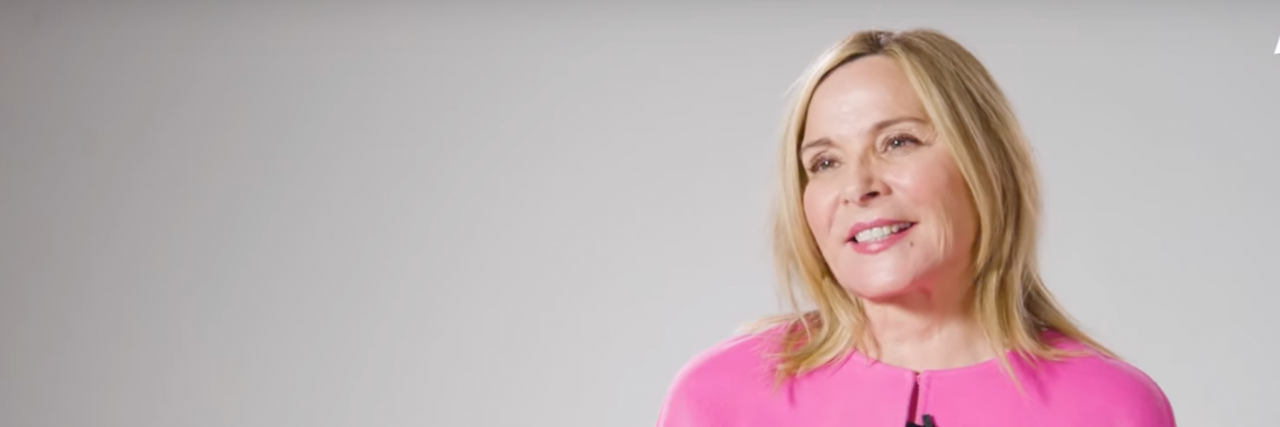You're Going to Want to Hear What This Former 'Sex and the City' Star Said About the Power of Saying 'No'
“Hello lover,” is not what Kim Cattrall, known as the infamous character Samantha on HBO’s “Sex and the City,” said when asked if she’d ever return to the reboot “And Just Like That“ in a “Variety” cover shoot.
Other relevant stories:
• ADHD Organization Tools
• What Is ADHD Paralysis?
• Who Prescribes ADHD Meds?
• What is ADHD?
In fact, she said “That’s a no. It’s powerful to say no.”
When I read that, I had to lock my phone and sit with it for a moment.
I live with rejection sensitive dysphoria as a trait of attention-deficit/hyperactivity disorder (ADHD). Rejection or perceived rejection can be a deterrent to me doing new things, or on the flip side it can make me say “yes” to things I don’t actually want to say yes to.
I’m afraid that if I say “no” I’ll cut myself off to future opportunities or people will think less of me. “No” has been a fairly negative word my entire life due to my ADHD and trauma. I can only imagine what it was like for Kim, who in her interview with Variety stated multiple times how aware she is (and honored) that people want her (because her character is technically still in the show) back, something that’s a novelty in Hollywood. (Source: Variety)
Additionally, in a video she did for her cover shoot, she explained how she’s reframed what “no” means to her, and how it’s helped shape her career:
“What I’ve tried to do is redefine what no means for me. It means ‘maybe,’ ‘not yet,’ ‘I’m not ready to play that role’ or ‘I’m not ready to work in that given circumstance,’ so I’ve always taken no’s as a positive…redefining what it means for you in a positive way so you can take that rejection and turn it into something – I think that is much more positive of the anticipation of soon you will be ready and then you’ll sway…”
“No” can be positive, and even better “no” doesn’t have to mean rejection. It can mean that instead of it creating room for me to be dismissed in different settings, I’m leaving room for positive people, opportunities, and junctures that will serve me in ways the former couldn’t.
If you struggle with rejection sensitive dysphoria like I do, then hearing Kim’s words may give you something to sit with.
“No” doesn’t have to be bad. “No” can be very very good.
Lead image courtesy of Variety’s YouTube channel

